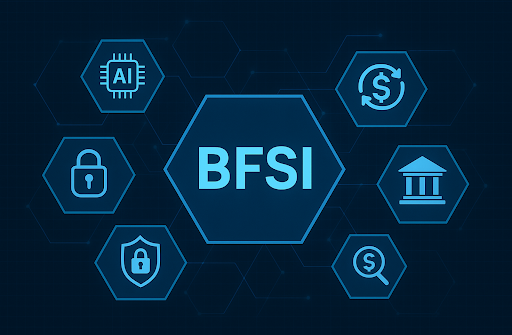The Banking, Financial Services, and Insurance (BFSI) sector is rapidly evolving due to advancements in digital technology. Artificial intelligence, automation, and data analytics are driving operational efficiency, personalizing customer experiences, and enabling quicker decision-making. These innovations have become essential for institutions aiming to stay competitive in an increasingly digital marketplace.
However, this progress introduces new challenges. Cybersecurity threats are more frequent and complex, while regulatory expectations are becoming stricter. Financial institutions must now find the right balance between embracing technological innovation and ensuring strong risk management and compliance practices.
A key development is the rise of partnerships between traditional financial institutions and fintech companies. These collaborations are helping banks modernize quickly, while fintechs gain access to broader markets and infrastructure. Together, they are creating a more dynamic and customer-centric financial ecosystem.
At the same time, ESG (Environmental, Social, and Governance) priorities are influencing strategies across the sector. Stakeholders now expect financial institutions to act with greater transparency and social responsibility.
To succeed in this shifting landscape, BFSI leaders must combine innovation with accountability. Institutions that can adapt swiftly, build trust, and lead with purpose will shape the future of financial services in a responsible and sustainable way.




